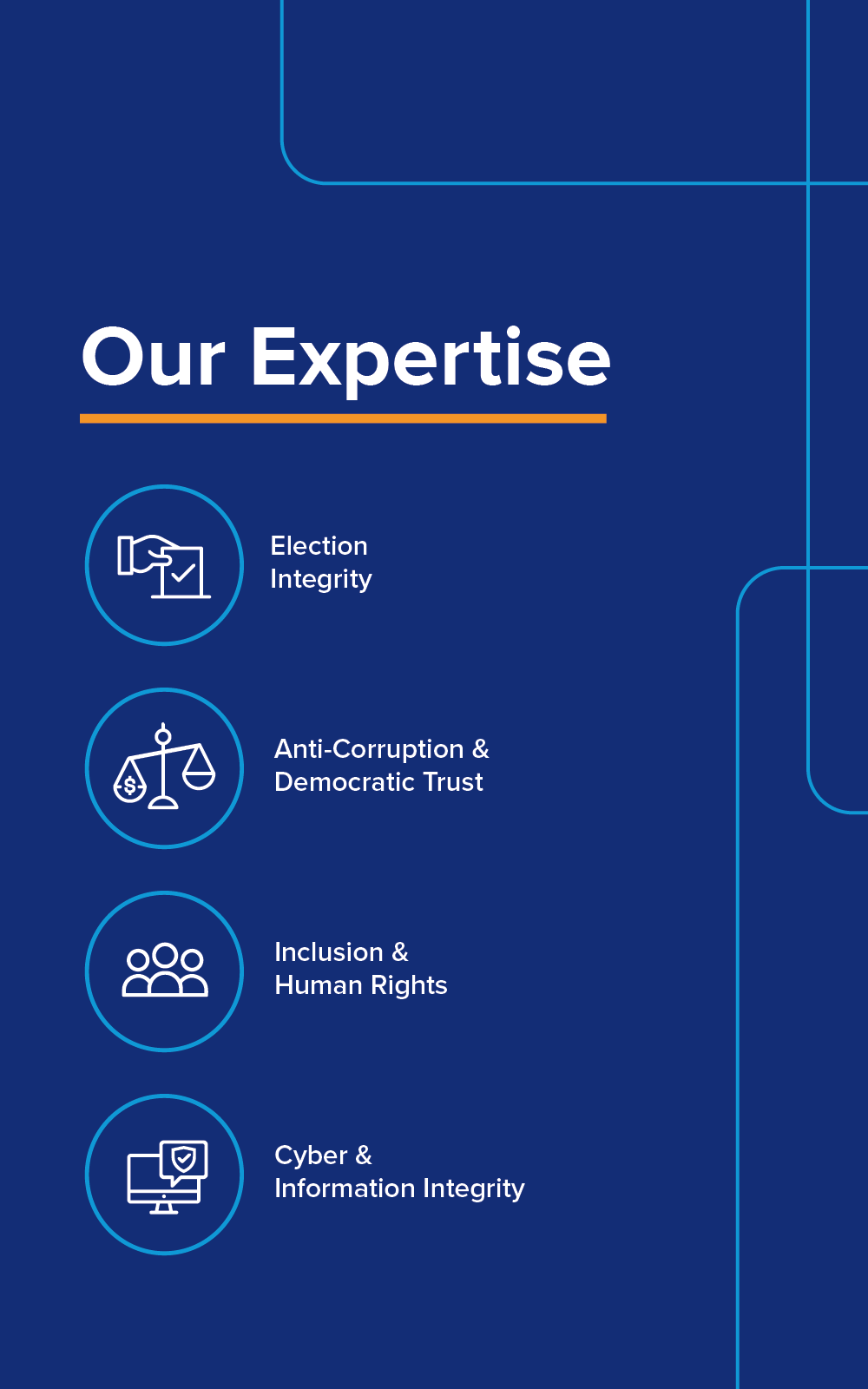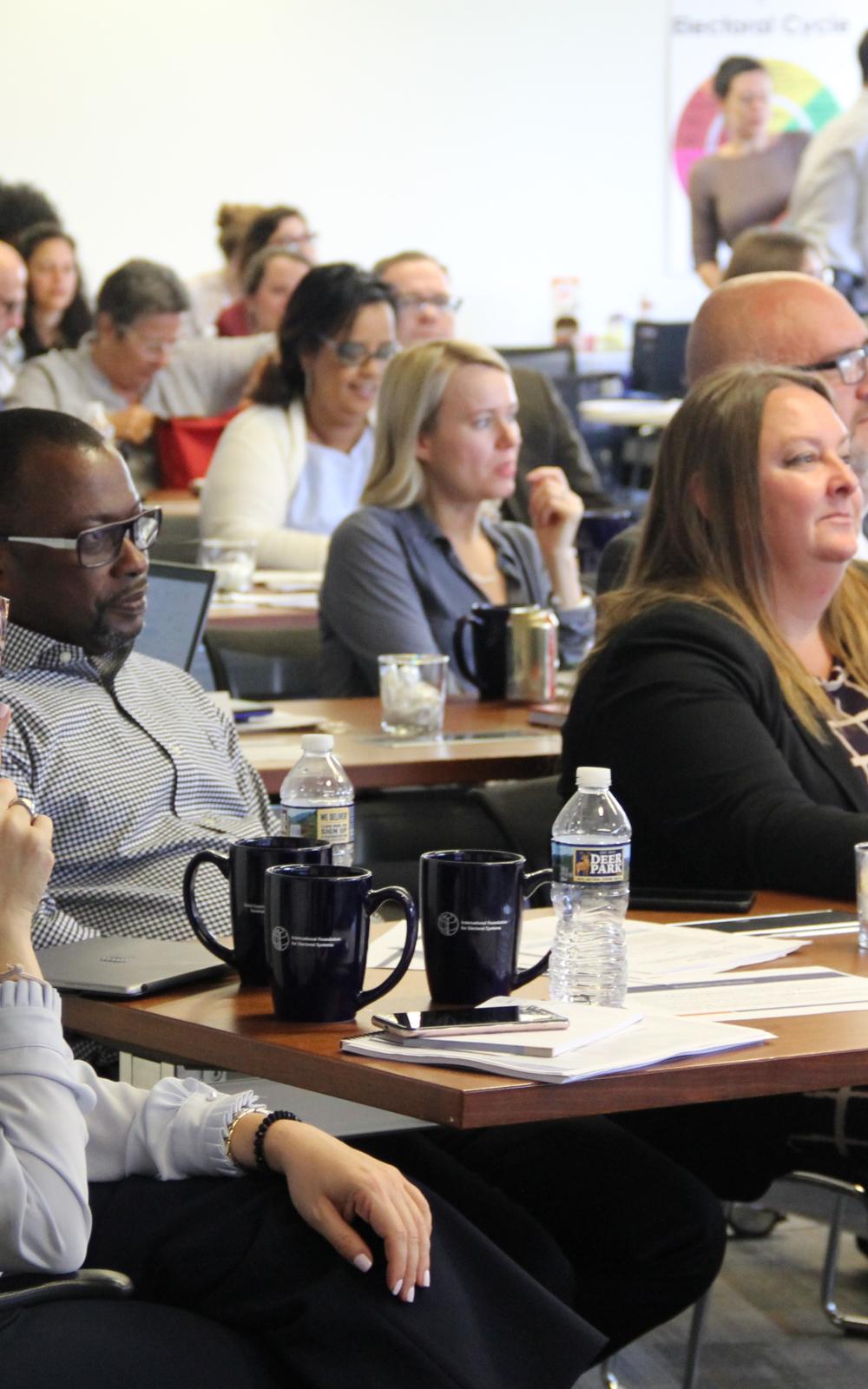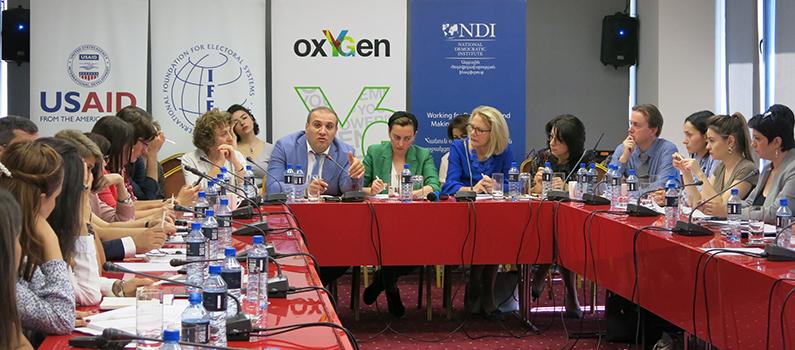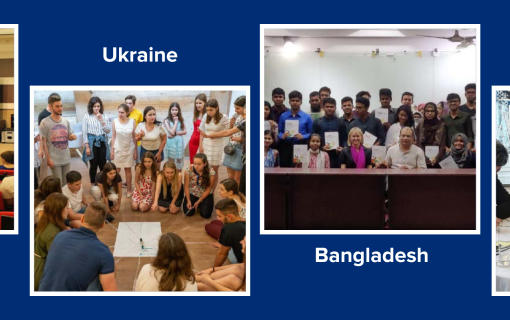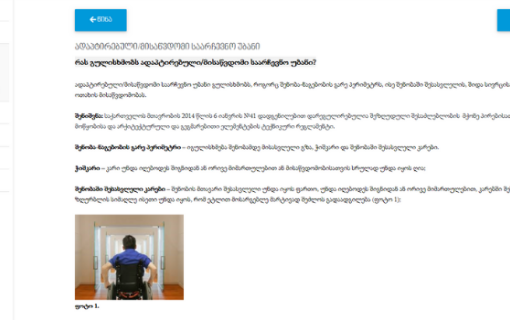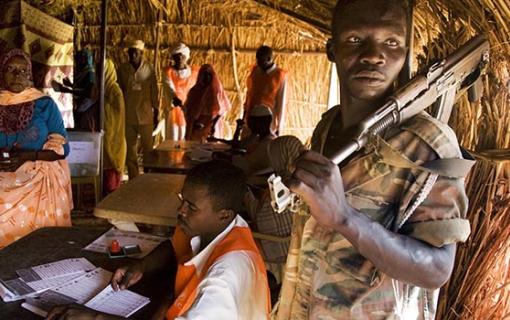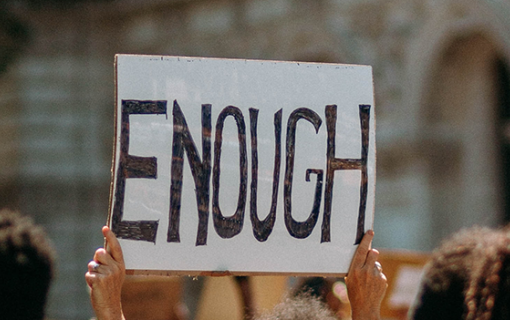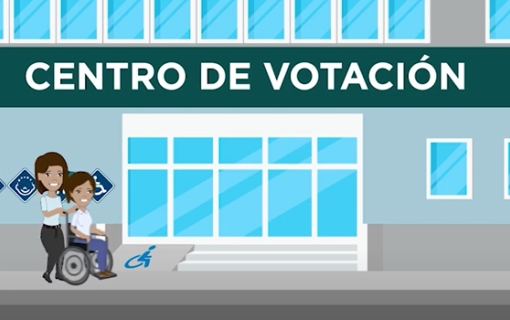Georgia
IFES and its partners host a stakeholder dialogue on inclusion in the electoral process.
Georgia’s fragile democracy, which has achieved significant gains in recent years, remains imperiled by deepening political polarization and threats from foreign and malign interference, including the ongoing presence of Russian troops in South Ossetia and Abkhazia. While Georgia has made notable progress towards achieving a sustainable, participatory democracy based on rule of law, the country is never far removed from the next crisis that threatens its stability.
Since 1995, IFES has supported Georgia to develop democratic elections and political processes. Through careful engagement with stakeholders on all sides of Georgia’s delicate political tapestry, IFES has pursued an inclusive approach in contributing to improved electoral legislation and election administration. Via a “Multi-stakeholder Forum” series, IFES has promoted an organic process of reform propelling discussions on constitutional and election system reform, leading to consensus on key issues and expanding ownership of the country’s democratic evolution.
IFES has also worked with the Central Election Commission to secure Georgia’s elections by strengthening the country’s electoral cyber security; assisting with political finance reform and implementation of regulations; supporting women’s political engagement and media access; supporting persons with disabilities to become a vocal constituency in achieving their equal electoral rights; and helping to broaden inclusion and participation of the Armenian, Azerbaijani and Kist ethnic minority populations through its “Knowledge, Advocacy, Responsibility” engagement (KARe) program. In 2010, IFES introduced a civic education course in universities in Georgia that would eventually expand to include to over 70 tertiary institutions as well as pedagogical and vocational schools, a project which also produced an active student alumni association implementing their own community service and citizen engagement activities. The student program continues to the present day.
Our Global Expertise
